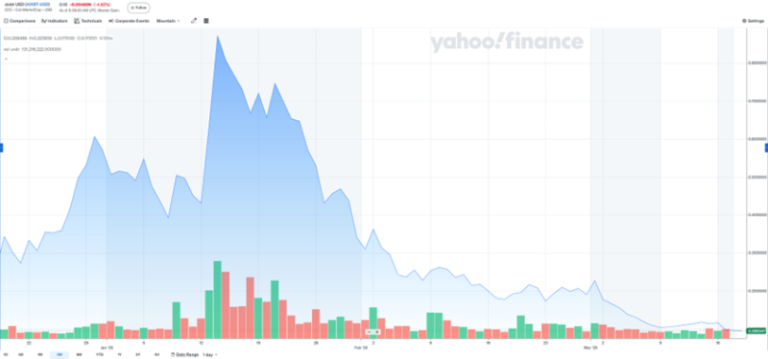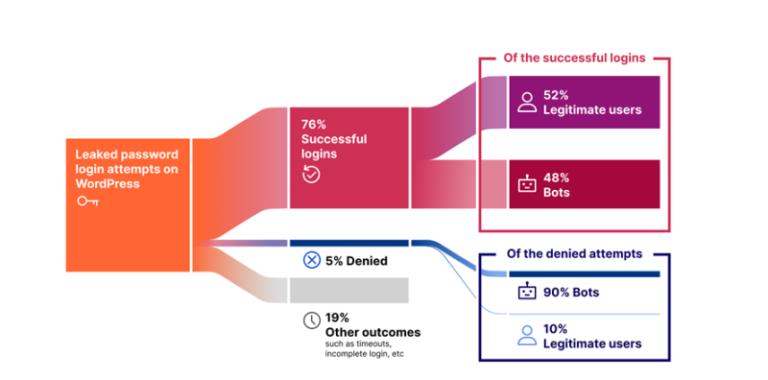
According to Arkham Intelligence, North Korea has significantly expanded its Bitcoin holdings following the hacking of the Bybit cryptocurrency exchange on February 21. The attack resulted in the theft of $1.4 billion worth of cryptocurrency, marking the largest digital asset heist in the history of crypto exchanges. Subsequently, Lazarus converted a substantial portion of the stolen Ethereum into Bitcoin through the decentralized protocol THORChain.
North Korea’s Bitcoin reserves are now estimated at $1.13 billion (13,518 BTC), placing it ahead of Bhutan, which holds 10,635 BTC, and El Salvador, with 6,118 BTC. Bhutan continues to bolster its reserves through large-scale mining operations, while El Salvador has been systematically acquiring cryptocurrency since 2021, when Bitcoin was granted legal tender status in the country.
Prior to the Bybit attack, the Lazarus Group had already orchestrated several high-profile cybercrimes. In 2022, it siphoned off $615 million from the Ronin Network platform, and in 2023, it targeted the Japanese firm DMM Bitcoin, stealing $308 million.
Beyond Bitcoin, North Korean hackers possess approximately $30 million in other crypto assets, including ETH, BNB, DAI, and BUSD. However, despite these considerable reserves, North Korea remains far behind the United States, which, according to Arkham Intelligence, holds 198,109 BTC seized through criminal and civil proceedings. The United Kingdom also ranks among the largest holders, with a reserve of 61,245 BTC.
Washington has repeatedly asserted that North Korea finances nearly half of its weapons of mass destruction and ballistic missile programs through cyberattacks and cryptocurrency theft. Despite international sanctions and ongoing efforts to curb illicit financial flows, North Korea continues to operate actively within the shadowy realm of the crypto economy.


